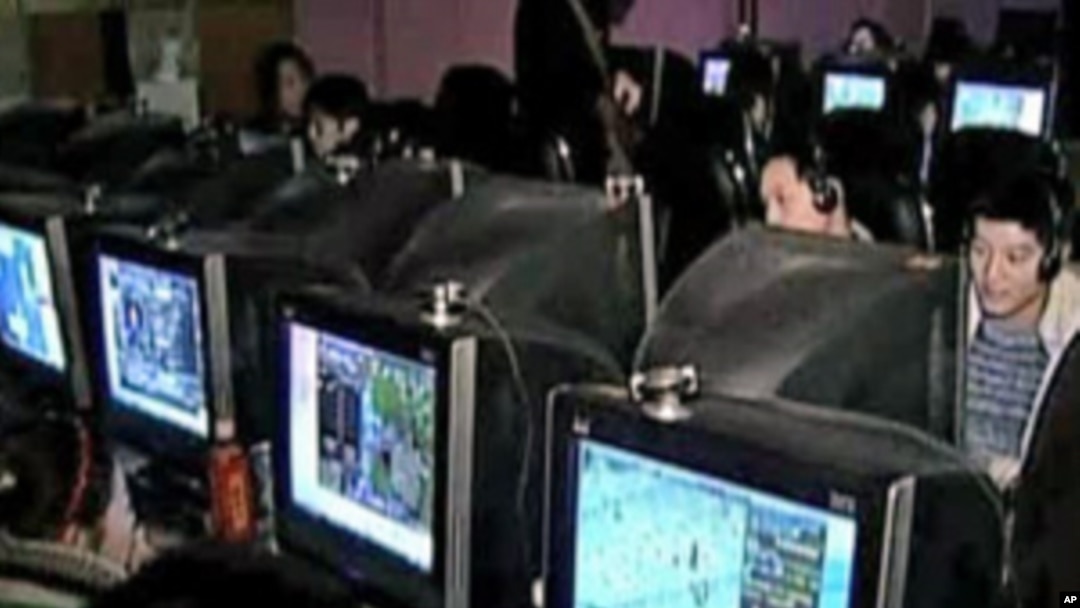China has announced its Internet policy, releasing an official "white paper," which both hails the space the Web creates for citizen voices and reaffirms Beijing's commitment to the "Great Firewall" of censorship. VOA's Kate Woodsome spoke with Geordie Guy, the vice-chair of the Internet freedom group Electronic Frontiers Australia, about how other governments are taking cues from Beijing.
Click here to listen to Kate Woodsome's complete interview with Geordie Guy:
GEORDIE GUY: "What China does now by releasing this white paper, is it indicates how it’s going to act and it sets a precedent for how other countries are going to act moving forward. Australia as a country is looking at moving forward with its own Internet censorship system, and in the last few weeks we’ve seen South Africa say that they’re looking at implementing an Internet censorship system using Australia as their hallmark on where they go to start. So it’s always concerning to us when we see a country say this is a way we want to control people online because we know that it always has ramifications outside our own borders."
KATE WOODSOME: "Australia’s proposed firewall is to address child pornography and other content that is considered offensive. What is your concern about how this could extend into people’s freedom of information?"
GEORDIE GUY: "Every single place where Internet censorship is imposed, there’s always a baseline excuse. And the baseline excuse in Australia is that it’s to address child pornography. It’s the same baseline excuse that was used in Thailand and it’s only slightly different from the baseline excuses that are used around the world. Any time this is used as a base excuse, it always winds up exposed to a wider level of censorship down the track."
KATE WOODOSME: "From a business and technology standpoint, is Internet censorship a growth industry?"
GEORDIE GUY: "You can approach this issue as offering a service to people who want it, or you can offer it to a government who may be offering it to a populace who don’t want it. There are some organizations that offer censorship systems to governments and, particularly in Australia, we’ve seen there’s a bunch of people out there that want to make money off what we’re approaching. What we see on a large national scale, particularly in China, is it tends to be run off almost a black market where governments have looked at this type of thing without actually paying."
KATE WOODSOME: "China has a massive, very expansive system to monitor and censor. Could copyright this technology and this approach and sell it?"
GEORDIE GUY: "Well, it depends if you’re looking at monitor versus censor versus which particular way they approach the Internet. It seems in most circumstances, that a lot of the technology they’re implementing is proprietary stuff that’s already copyrighted, they just haven’t paid for it. To look at China’s particular approach to this stuff if to look at not really one technology but a whole bunch of technologies that solve a whole bunch of different problems. In most circumstances, it doesn’t really look like the Chinese government has done deals with legitimate entities. More they’ve adopted into sort of gray markets technology that can allow them to do what they need to do."


